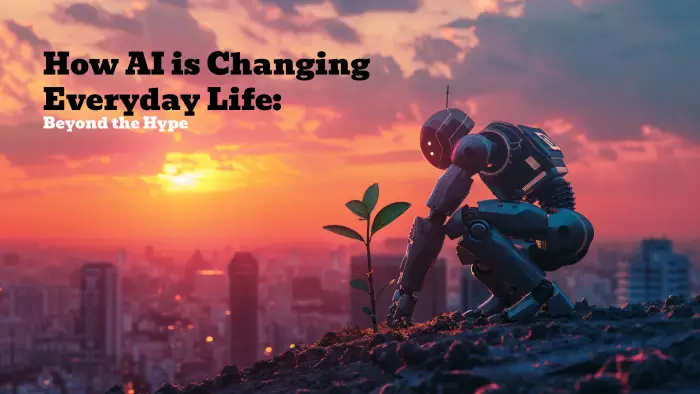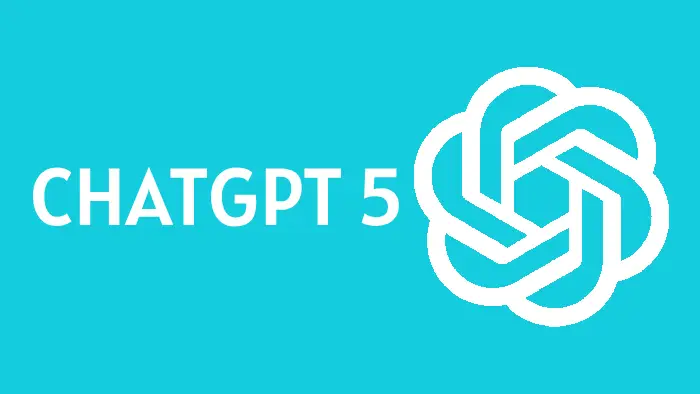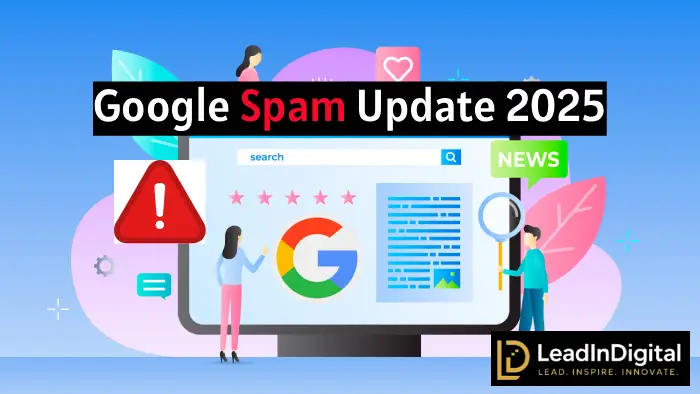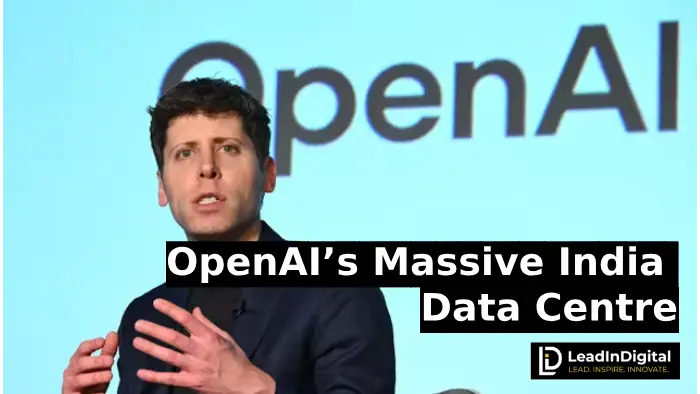
Artificial Intelligence (AI) is no longer just a sci‑fi theme or tech buzzword it’s already a part of our everyday lives. And here’s the truth: AI isn’t here to take over the world or replace humans. It’s here to make life easier, smarter, and more connected if we use it wisely.
AI in Our Daily Routines: You’re Using It More Than You Think
When we think AI, we often imagine robots or futuristic gadgets. But in reality, AI is quietly working in the background, helping us in ways we barely notice.
| Everyday Task | How AI Helps You | Example You Already Use |
|---|---|---|
| Setting reminders or answering questions | Understands your voice, processes natural language | Siri, Alexa, Google Assistant |
| Finding what to watch or listen to | Analyzes your preferences to suggest recommendations | Netflix, Spotify |
| Navigating through traffic | Predicts best routes and optimizes travel time | Google Maps, Waze |
| Shopping online | Suggests relevant products based on your browsing habits | Amazon, Flipkart |
AI’s Role in Bigger, Life-Changing Areas
AI is not just making playlists better it’s changing industries and touching lives at deeper levels.
1. Healthcare
AI scans X-rays and MRIs faster, spotting early signs of illness.
Helps doctors make more accurate diagnoses and treatment decisions.
2. Transportation
Self-driving cars aim to reduce accidents caused by human error.
AI-powered traffic signals adjust timings to reduce congestion.
3. Customer Service
Chatbots answer basic questions 24/7, reducing wait times.
Human agents focus on solving more complex, personalized issues.
4. Banking
AI tracks transactions in real-time to detect fraud.
Personalized financial tips based on spending habits.
What Makes AI Different? It Learns and Improves
Unlike traditional software that follows pre-programmed rules, AI:
Learns from Experience → More interactions = smarter response.
Adapts to Changes → Keeps improving without needing constant re‑coding.
Becomes More Personalized → Understands your habits over time.
💡 Example: That “Discover Weekly” playlist on Spotify gets better every week because AI learns from what you skip, replay, or like.
The Flip Side Challenges We Must Address
AI is powerful, but it’s not perfect. There are important concerns we need to handle thoughtfully:
| Challenge | Why It Matters | Possible Solutions |
|---|---|---|
| Data Privacy | AI often needs personal data to work effectively | Strong security and user control |
| Bias in Algorithms | AI can inherit human biases from the data it learns from | Diverse training data, regular audits |
| Job Displacement | Automation may replace repetitive work | Reskilling and upskilling programs |
Making AI Work For Us, Not Against Us
If we want AI to truly improve our lives:
Stay in control Humans should guide AI’s development.
Use it ethically Privacy, transparency, and fairness must be priorities.
Focus on collaboration AI + human creativity > either alone.
Final Thoughts
Beyond the hype, AI is already woven into the fabric of our days from the way we work to how we relax.
It’s:
Helping us save time
Making life more convenient
Opening new opportunities we couldn’t imagine a decade ago
AI isn’t the “enemy” in a sci-fi story. It’s a partner one that can make the present better and the future brighter, if we handle it with care and keep humanity at the center of innovation.




